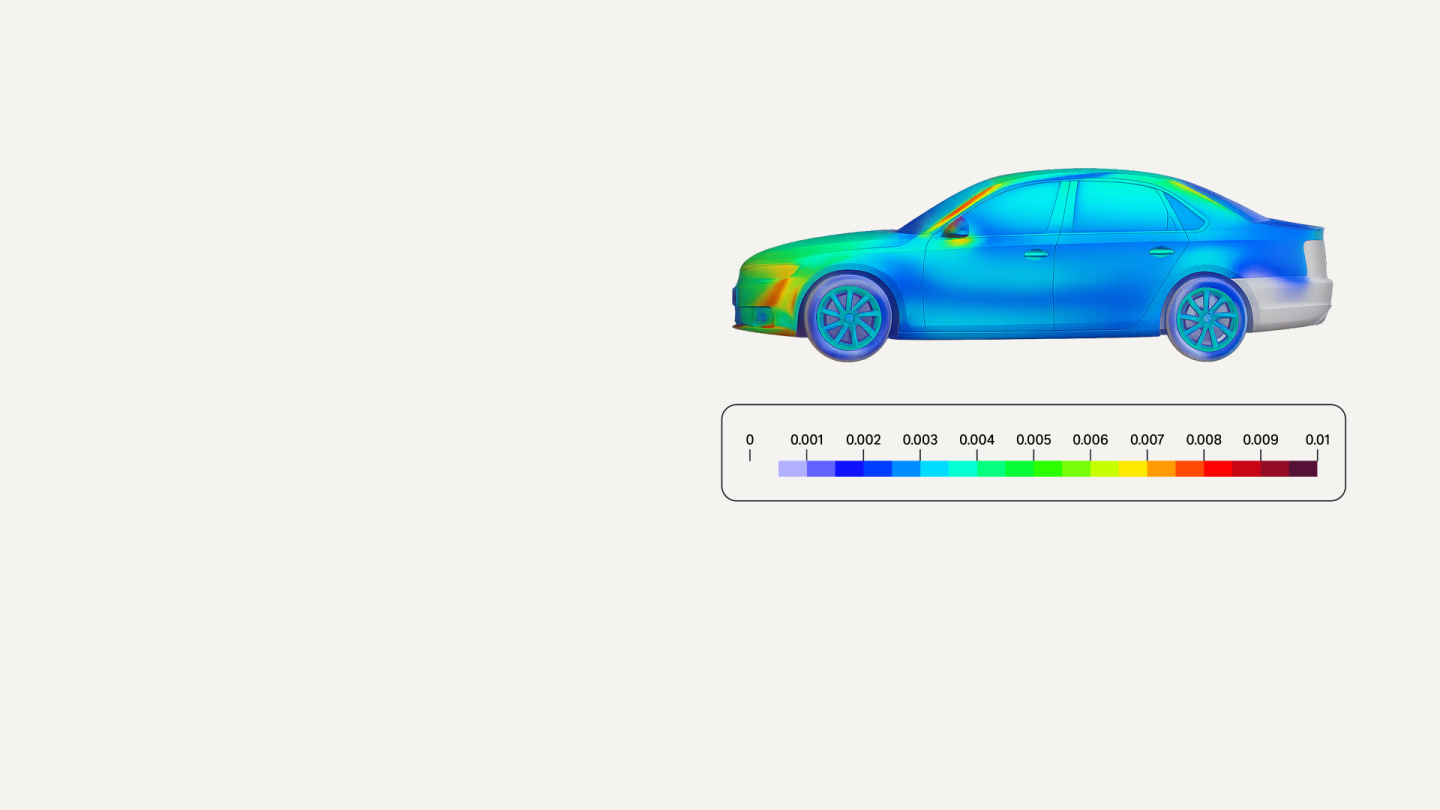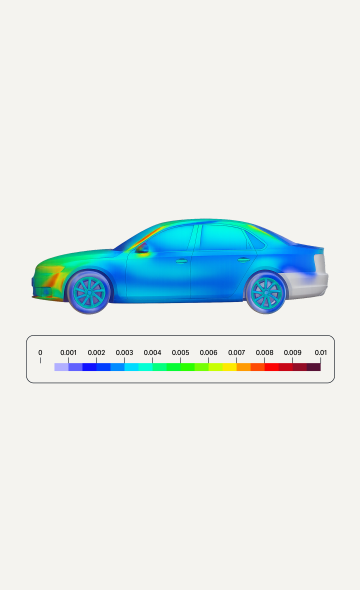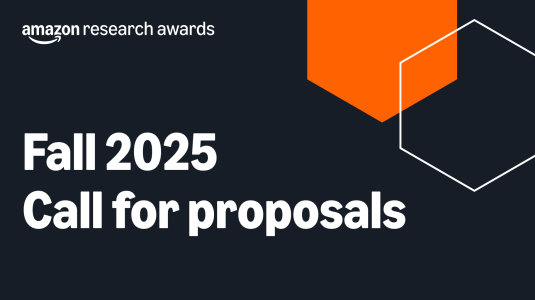Customer-obsessed science


Research areas
-
September 2, 2025Audible's ML algorithms connect users directly to relevant titles, reducing the number of purchase steps for millions of daily users.
-
-
Featured news
-
2025In Amazon robotic warehouses, the destination-to-chute mapping problem is crucial for efficient package sorting. Often, however, this problem is complicated by uncertain and dynamic package induction rates, which can lead to increased package recirculation. To tackle this challenge, we introduce a Distributionally Robust Multi-Agent Reinforcement Learning (DRMARL) framework that learns a destination-to-chute
-
2025How to best develop foundational models for time series forecasting remains an important open question. Tokenization is a crucial consideration in this effort: what is an effective discrete vocabulary for a real-valued sequential input? To address this question, we develop WaveToken, a wavelet-based tokenizer that allows models to learn complex representations directly in the space of time localized frequencies
-
2025Recent years have witnessed a surge in the development of protein structural tokenization methods, which chunk protein 3D structures into discrete or continuous representations. Structure tokenization enables the direct application of powerful techniques like language modeling for protein structures, and large multimodal models to integrate structures with protein sequences and functional texts. Despite
-
2025In high-stakes industrial NLP applications, balancing generation quality with speed and efficiency presents significant challenges. We address them by investigating two complementary optimization approaches: Medusa for speculative decoding and knowledge distillation (KD) for model compression. We demonstrate the practical application of these techniques in real-world travel domain tasks, including trip
-
2025Autoregressive next-token prediction with the Transformer decoder has become a de facto standard in large language models (LLMs), achieving remarkable success in Natural Language Processing (NLP) at scale. Extending this paradigm to audio poses unique challenges due to its inherently continuous nature. We research audio generation with a causal language model (LM) without discrete tokens. We leverage token-wise
Conferences
Academia
View allWhether you're a faculty member or student, there are number of ways you can engage with Amazon.
View all


































